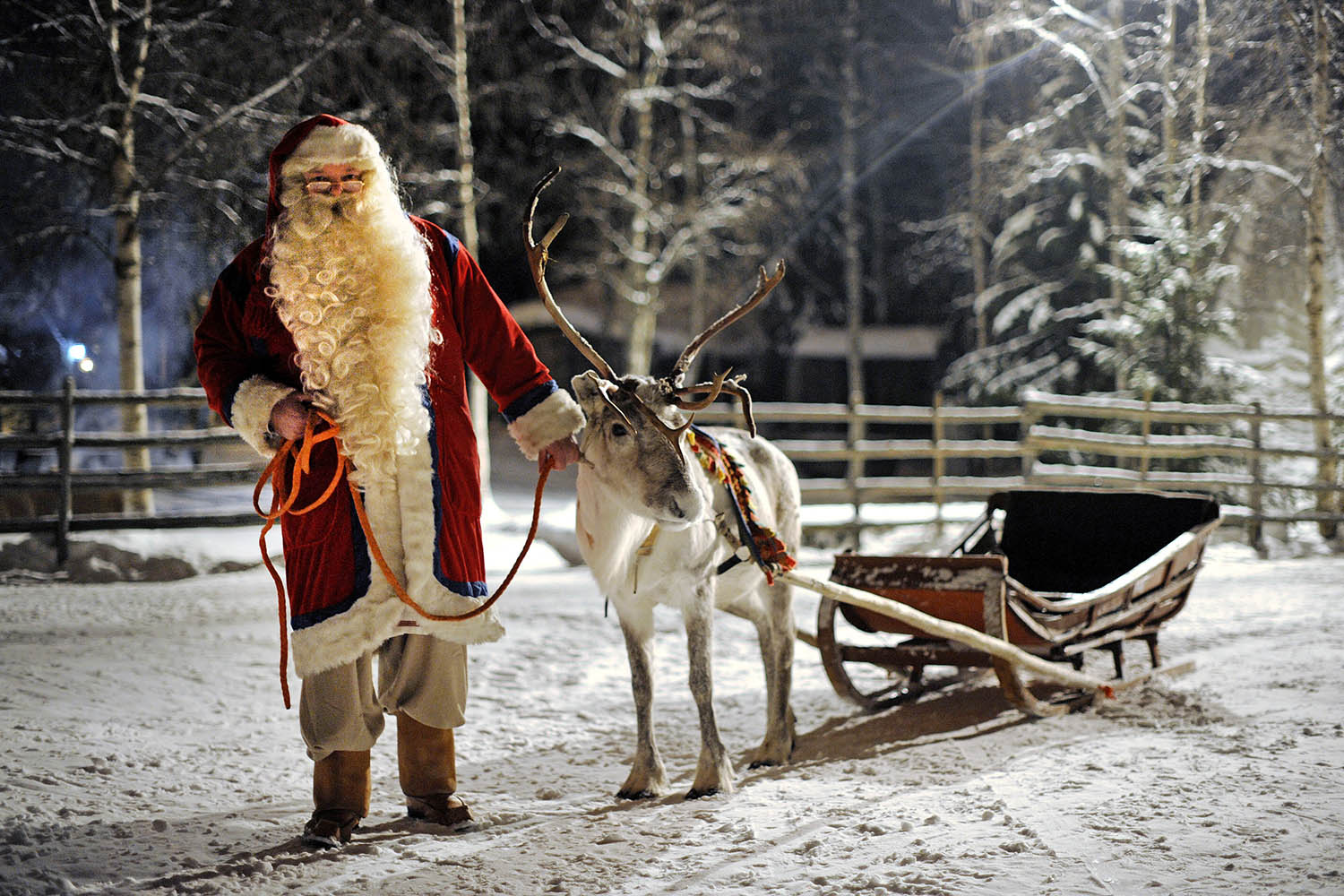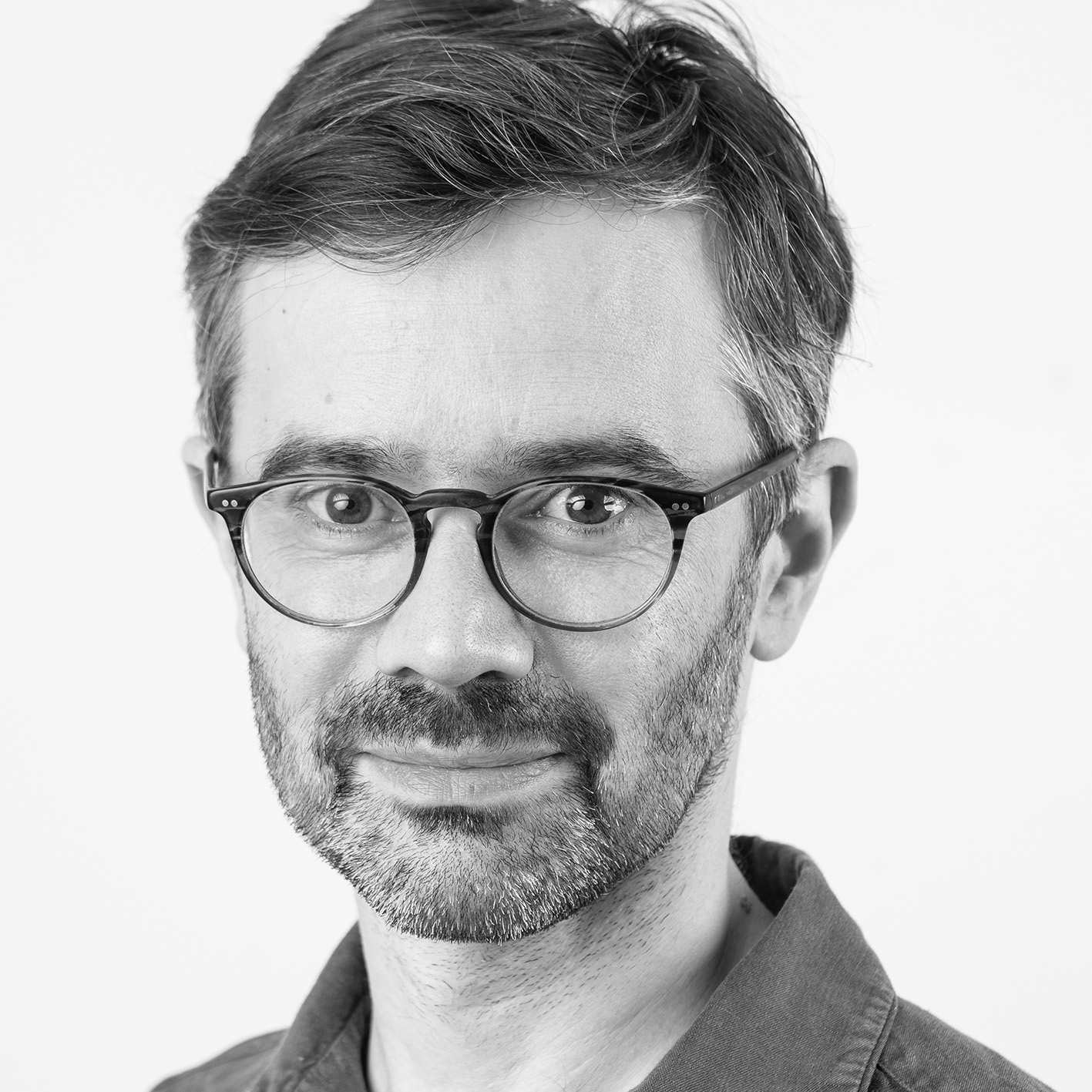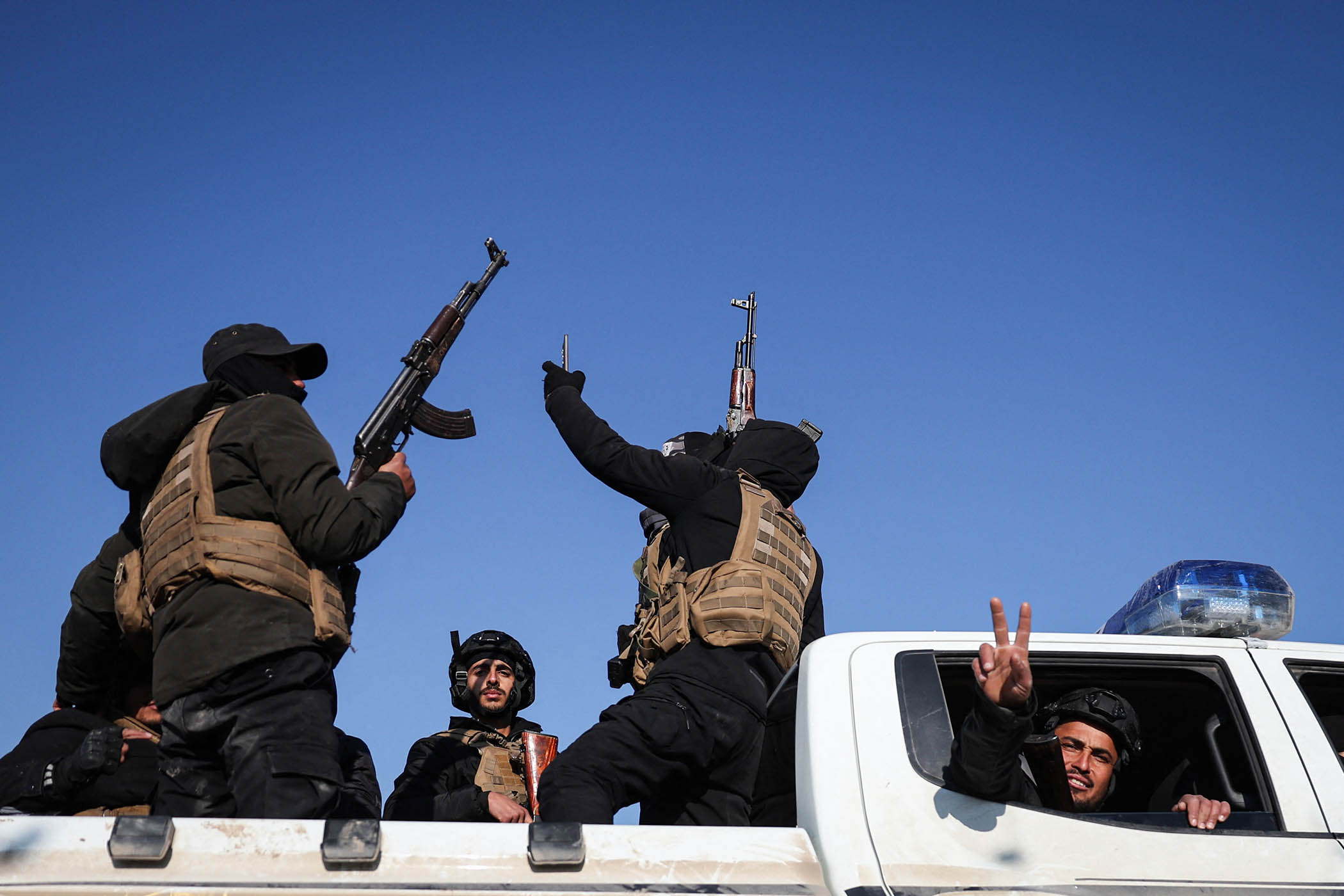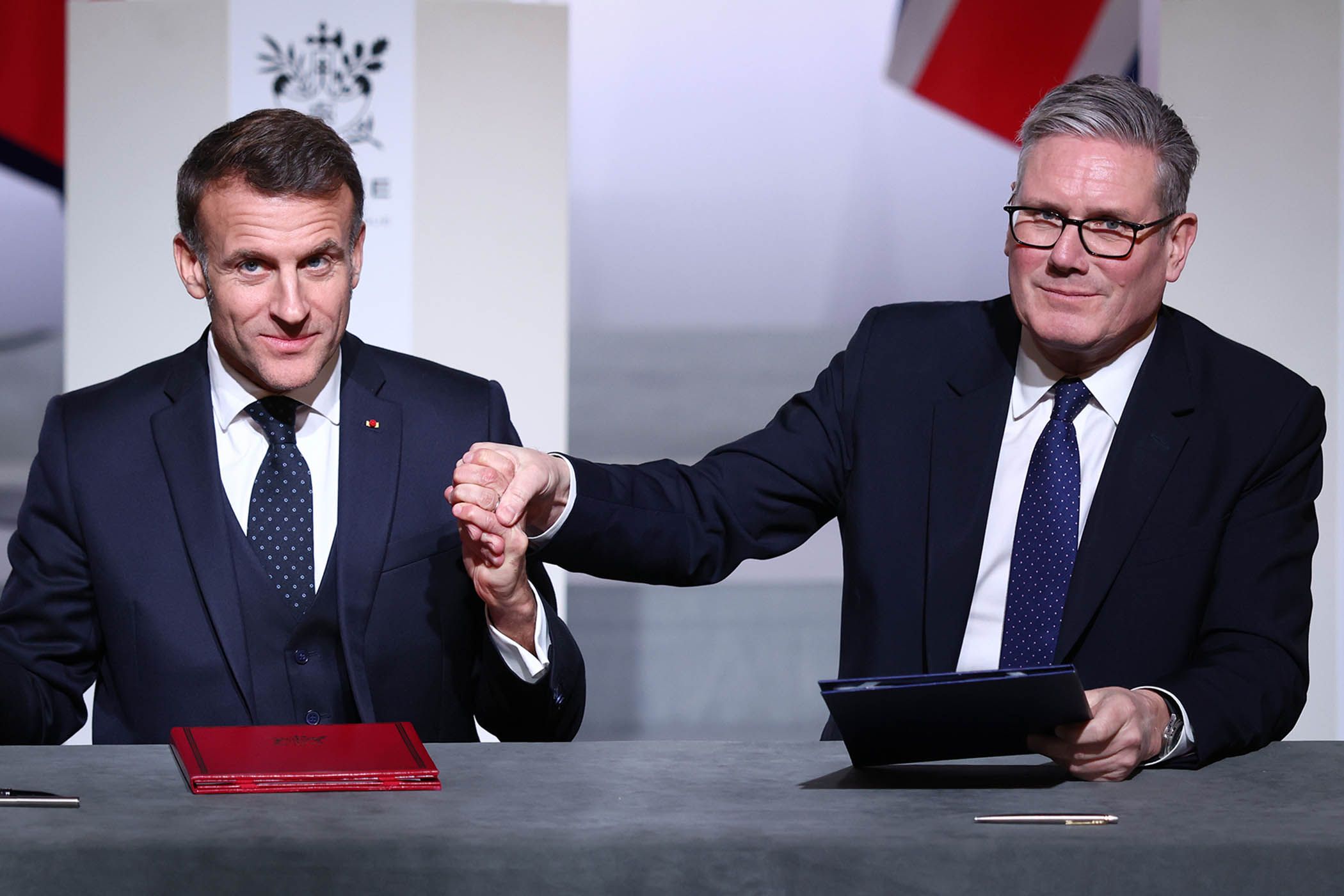Once upon a time in Lapland I gave Santa Claus a lift. As he squeezed himself into the passenger seat of my rented Kia, I tried and failed to resist the urge to make a comment comparing this with his normal ride. Santa is a pro, he wants you to feel welcome, so he managed a small chuckle, but it wasn’t the full ho ho ho.
The rest of the journey, a 15-minute drive to the patch of land where he kept his reindeer, was mainly filled with awkward silences, occasionally filled with Santa’s views on speed cameras (not a fan).
The reason for my Lapland trip wasn’t to check on whether I’d made it on to the nice list that year – it was to explore the idea of Finland’s “soft power” and the role that Santa plays in it.
After a fierce battle with Denmark, which also had ambitions to be seen as the home of Father Christmas, the Finnish city of Rovaniemi, 800km north of Helsinki and just outside the Arctic Circle, had established itself as Santa’s “official” residence.
The term “soft power” was coined by the Harvard professor Joseph Nye, who died last week at the age of 88. His idea was that a nation’s ability to get others to do what it wanted was not down to military might or economic heft alone. Instead, a nation could exert power through its culture and diplomacy, its values and even its sport. As he put it: “Seduction is always more effective than coercion.”
In a post-cold-war era, when fewer conflicts were fought and defence budgets were cut, the argument that hosting the Olympics was as powerful as operating a pair of aircraft carriers found a ready audience around the world. Nye, who worked in the Carter and Clinton administrations, had originally crafted his theory for the US, but other countries took his message to heart – and Nye happily advised them on how to improve their own soft power.
Ambitious governments bid for the World Cup, built vast new museums and art galleries, and promoted their national icons (hello Santa) for all they were worth. There remains a debate about the limits of how far governments can improve their soft power – South Korea’s culture department made it a priority, but the country’s successes, from BTS to Squid Game, have nothing to do with the state. The English Premier League is the UK’s biggest soft power tool, but Westminster can claim little credit for that.
However, liberal democracies, where people are free to think, write and create what they want, are more likely to have greater soft power than closed, authoritarian regimes.
Related articles:
Some 15 years ago, Monocle magazine – where I worked at the time – established the first Soft Power Survey in conjunction with the Institute for Government (IfG). It was perhaps a foolish attempt to quantify the unquantifiable (does Italy’s food trump France’s culture?) but Nye thought the metrics were solid. “He absolutely saw value in it,” said Jonathan McClory, who was the IfG’s brains behind the survey.
The first winner, unsurprisingly, was the US and, in both the Monocle survey and the various other indices that have sprung up since then, the country has remained at or near the top of the charts. Looking back over the past 15 years of results, what’s striking is how big a role politics plays. Angela Merkel’s role as Germany (and Europe’s) leader helped win her country the top spot in 2016, while Macron’s victory in 2017 powered France to the summit.
Newsletters
Choose the newsletters you want to receive
View more
For information about how The Observer protects your data, read our Privacy Policy
Political leaders can also have an adverse effect on their country’s rating. “When Trump won in 2016, the US tanked the year after,” said McClory. The damage wrought by Trump this time around is even greater. In four short months his administration has locked up tourists, stopped international aid, tried to destroy the top universities, pulled billions of dollars in funding from scientists and proposed bizarre tariffs on the film industry.
Trump is the outlier, but it is a dark time for soft power across the world as defence budgets suck up the funding previously funnelled towards international aid or the arts.
McClory, though, is optimistic that soft power remains important, pointing out that Nye maintained a “successful foreign policy requires the right balance of hard and soft”.
For all that Trump dominates he is not the only American with a global platform.
Last week’s election of the first American pope offers the US a glimmer of hope that its soft power is not necessarily doomed.
He’s no Santa Claus, but Leo XIV may soften some of Trump’s harder edges.
Photograph Olivier Morin / AFP via Getty Images



